Active Recovery
Call Now
The Benefits of an Active Recovery
Addiction And the Brain
This isn’t to say that addiction is a choice. It’s a mental illness.
When someone uses recreational drugs, their brain floods with dopamine. This dopamine rush is extreme enough that it overtakes other things that would otherwise make the person feel good, like friends and family, exercise, hobbies, and anything else that causes a happy feeling.

As substance abuse continues, these good feelings from the drugs fade away. The person develops a tolerance and needs more and more of the substance to feel normal.
Even when normalcy is no longer achievable, the person can no longer function without the drugs and they may go into withdrawal from the time they stop using until they get their next fix.
The scary and uncomfortable withdrawal process is one of the things that prevents people from seeking treatment.
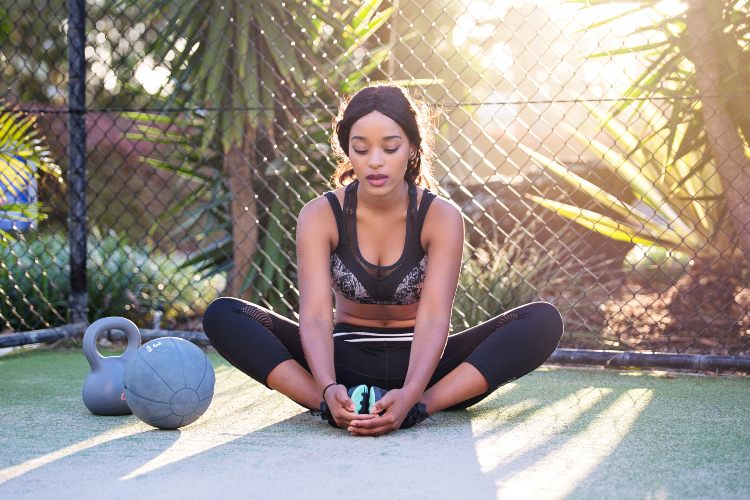
Excercise And the Brain
When you exercise, your body releases endorphins. Endorphins are the feel-good chemicals in the brain. Like opioids, they react with the opiate receptors in the brain.
They reduce stress and pain and create a feeling of well-being for the person exercising. You may notice that after you work out or play a sport you feel more energized rather than less, even if your body is exhausted.
Endorphins may also help with self-esteem, giving the person in recovery more drive and self-faith in their ability to move beyond their addiction.
What Kinds of Exercises Are Good for Addiction Recovery?
While this isn’t a 1-for-1 exchange, endorphins make the transition from addiction to recovery easier.
But what kind of exercises are good for releasing endorphins and recovering from addiction? In short, all exercise will help. Anything that releases endorphins can help with recovery. There are other factors that may make some forms of exercise extra helpful.
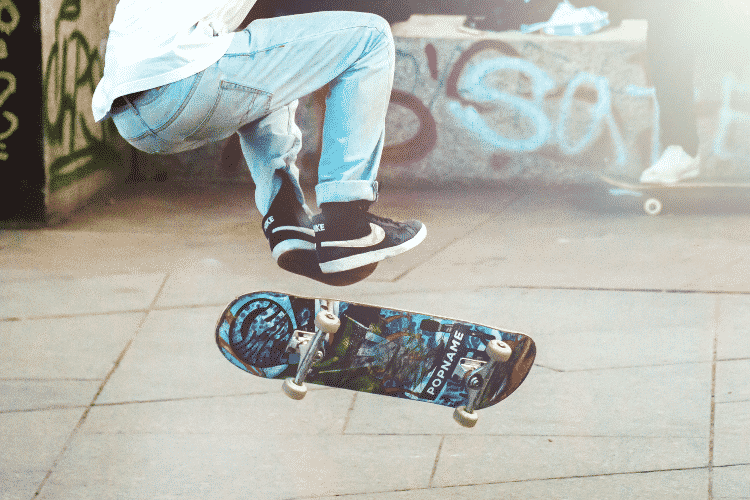
Skateboarding
Skateboarding is also social. When people create meaningful relationships, like those forged over shared interests, they may feel less inclined to use drugs.
It also teaches you to be persistent, a necessary quality in anyone going through recovery.
Surfing
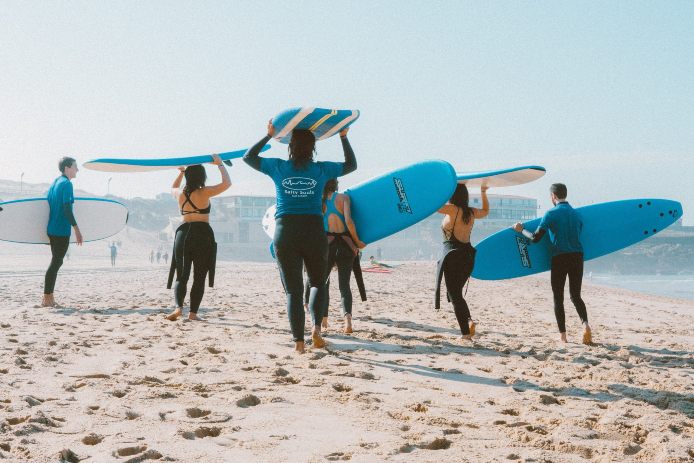
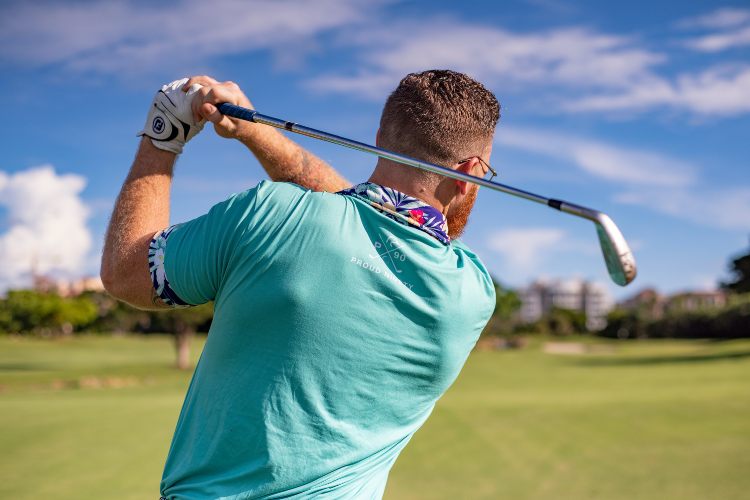
Golf
Yoga and Pilates
Yoga isn’t just about physical exercise. A good yoga instructor teaches you how to breathe in a meditative way (otherwise known as yogic breathing). This enacts a parasympathetic response or a response that causes relaxation.
Yoga also increases mindfulness. Mindfulness can help you “get out of your head” and focus on the moment which reduces anxiety and stress.
For someone who wants more physical exertion without the impact, pilates is a good alternative to yoga. It also requires control and mindfulness as you move your body and engage your muscles, but it may build more strength and provide more of a distraction than yoga.

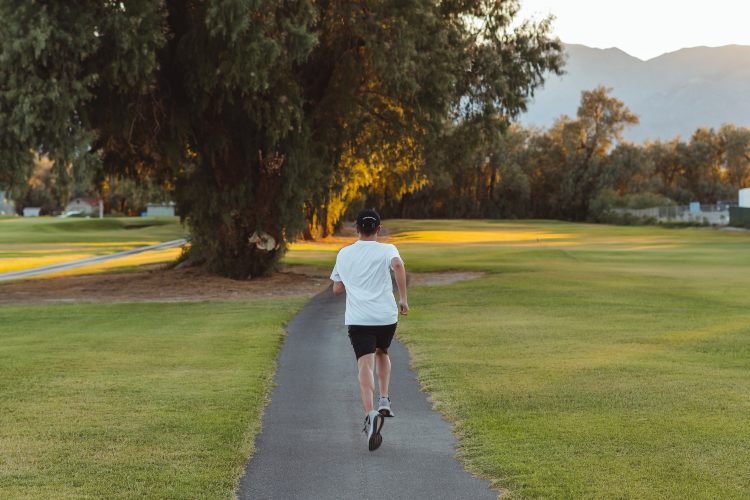
Weight Lifting and Cardio
Mixed Martial Arts
At Healthy Life Recovery, we believe in the transformative power of discipline, focus, and physical exertion. Our MMA program is designed to help individuals channel their energy into a structured and empowering activity. Under the guidance of professional trainers, participants will learn the fundamentals of mixed martial arts, from striking techniques to grappling. Not only does MMA provide an intense physical workout, but it also instills a sense of discipline, resilience, and self-confidence. Engaging in controlled combat situations allows individuals to confront their fears and challenges in a safe environment, making it an ideal therapeutic tool for those on the path to recovery.
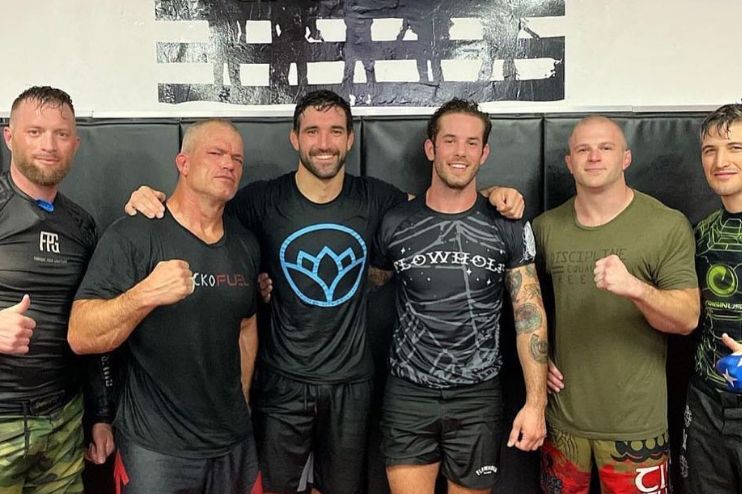

Motocross and Off-Roading
Music and Production
Music has the innate ability to touch our souls, evoke emotions, and heal wounds that words alone cannot reach. At Healthy Life Recovery, we harness the therapeutic potential of music to aid in the healing process. Our music therapy sessions, led by certified therapists, involve active music-making, listening, and reflection. Whether you’re playing an instrument, singing, or simply immersing yourself in melodies, music therapy can be a powerful medium to express feelings, process trauma, and reconnect with oneself. Let the rhythms and harmonies guide you towards a balanced and rejuvenated state of mind.
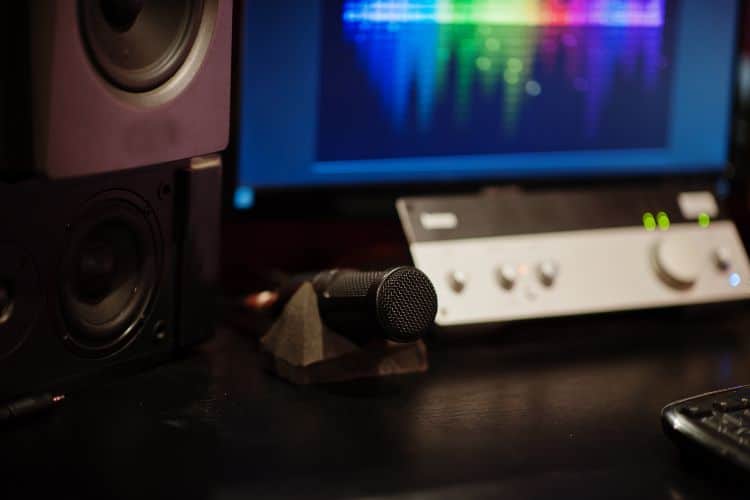
Drug Addiction Recovery Through Exercise Is Possible

Medically Reviewed By:
Dr. Sanjai Thankachen
Dr. Sanjai Thankachen graduated from Adichunchanagiri Institute of Medicine in 2000. He completed his residency in psychiatry in 2008 at Creedmoor Psychiatric Center in New York. Dr. Thankachen is currently working with Pacific Neuropsychiatric Specialists in an outpatient practice, as well as working at multiple in-patient psychiatric and medical units bringing his patients the most advanced healthcare treatment in psychiatry. Dr. Thankachen sees patients with an array of disorders, including depression, bipolar illness, schizophrenia, anxiety, and dementia-related problems.

Edited for Clinical Accuracy By:
Sean Leonard, Psychiatric Nurse Practitioner
Sean Leonard is a board-certified psychiatric nurse practitioner. He received his master’s degree in adult geriatric primary care nurse practitioner from Walden University and a second postmaster specialty in psychiatry mental health nurse practitioner from Rocky Mountain University. Sean has experience working in various diverse settings, including an outpatient clinic, inpatient detox and rehab, psychiatric emergency, and dual diagnosis programs. His specialty areas include substance abuse, depression, anxiety, mood disorders, PTSD, ADHD, and OCD.
